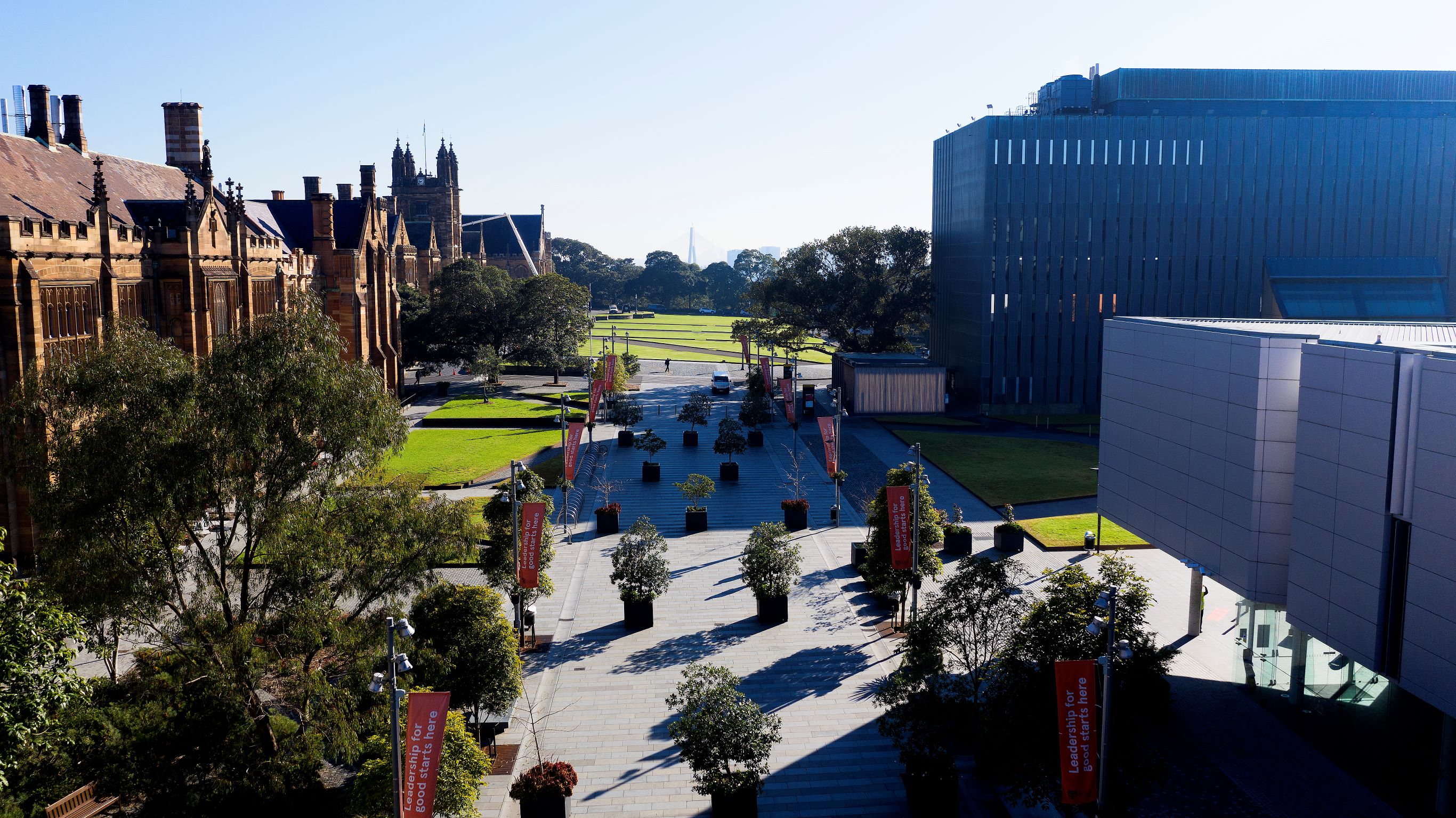For individuals
Short courses to grow your skills and support career goals. In-person and online.
Public program
For organisations
Drive organisational performance and employee engagement with dynamic team training.
Organisational training
300+
short courses to choose from
15,000+
enrolments each year
2,000+
organisations supported annually
4.7/5
average facilitator score

Courses open to everyone. No prerequisites, just opportunities to learn and grow.

Supporting lifelong learning for University of Sydney alumni with access to exclusive benefits.

Professional development tailored to support career progression at the University.
Empower ambition, inspire leadership with CCE
Discover how the Centre for Continuing Education supports your career growth through practical learning. From advancing skills to building team capabilities, our short courses are designed to make an impact.
Subscribe
Join our
Join our
mailing list
For latest course information, what’s on and special offers







